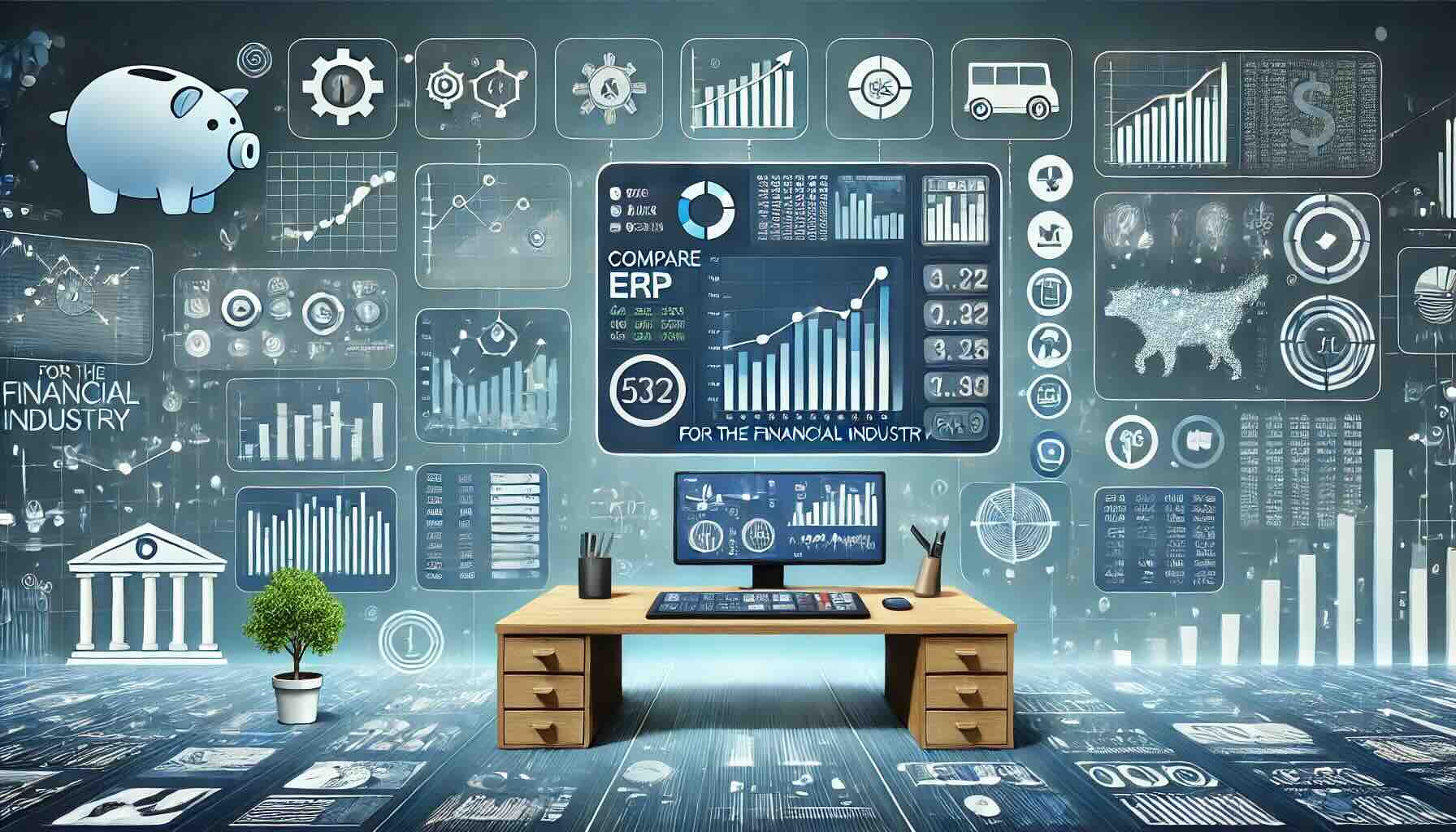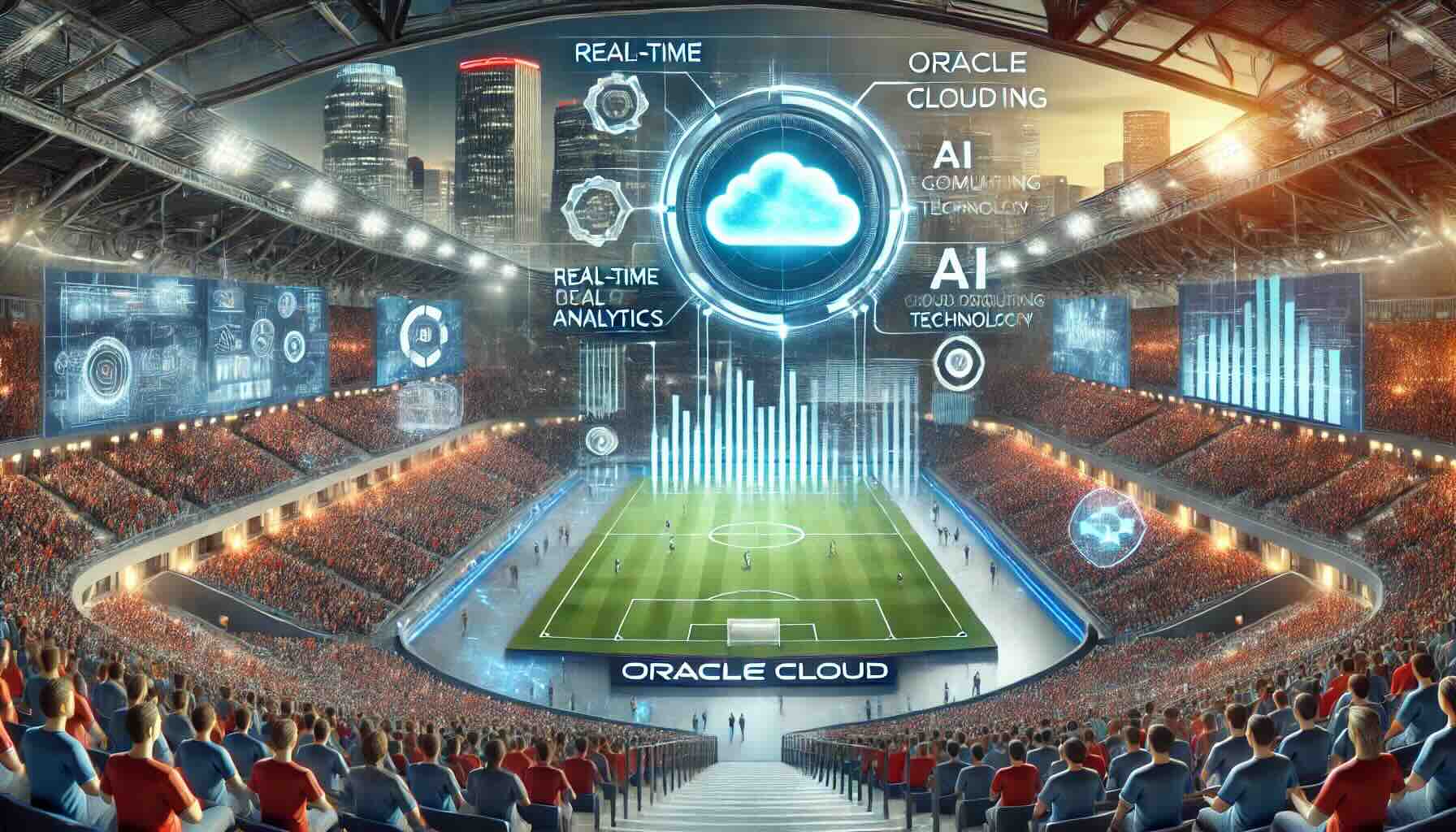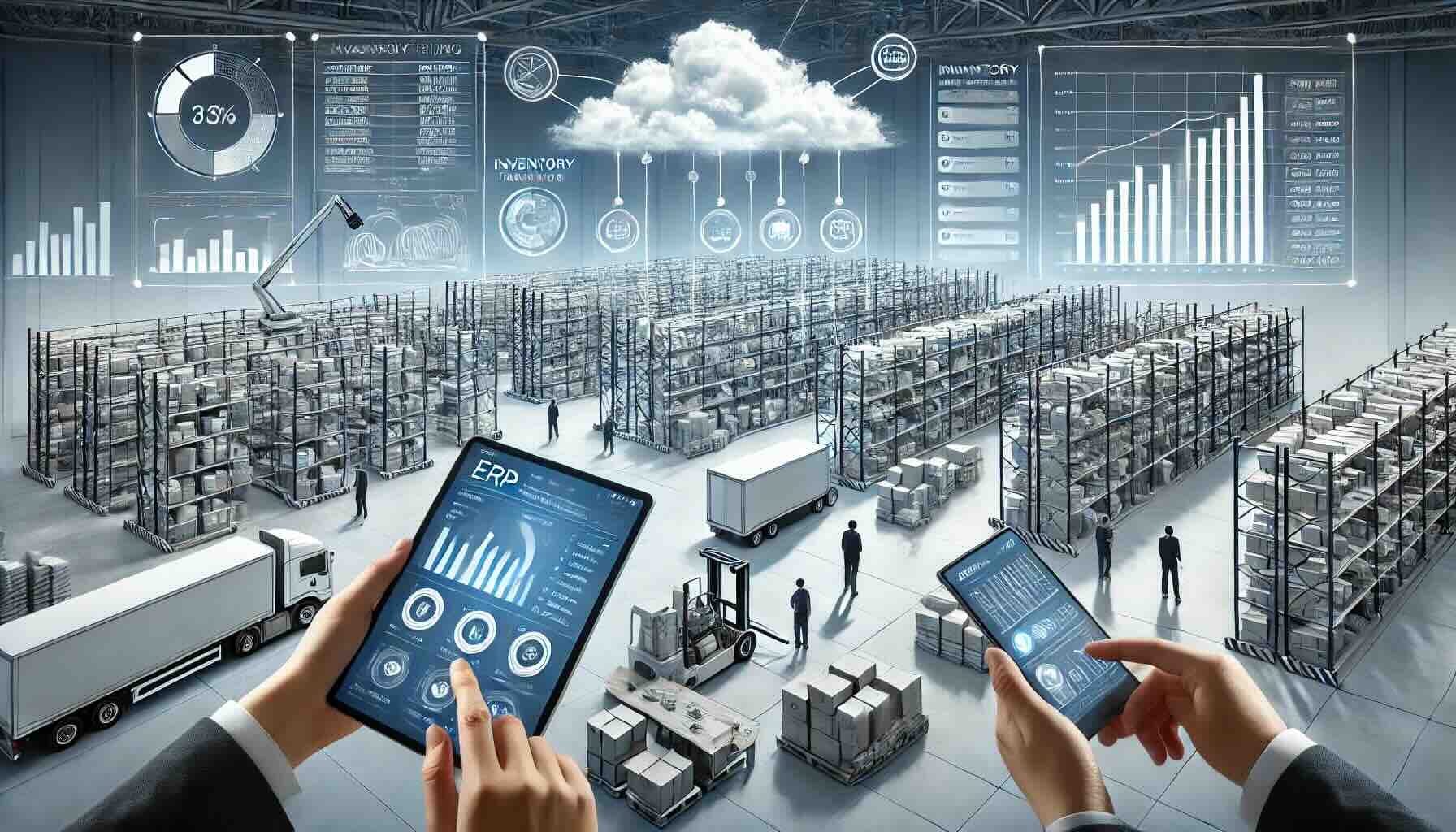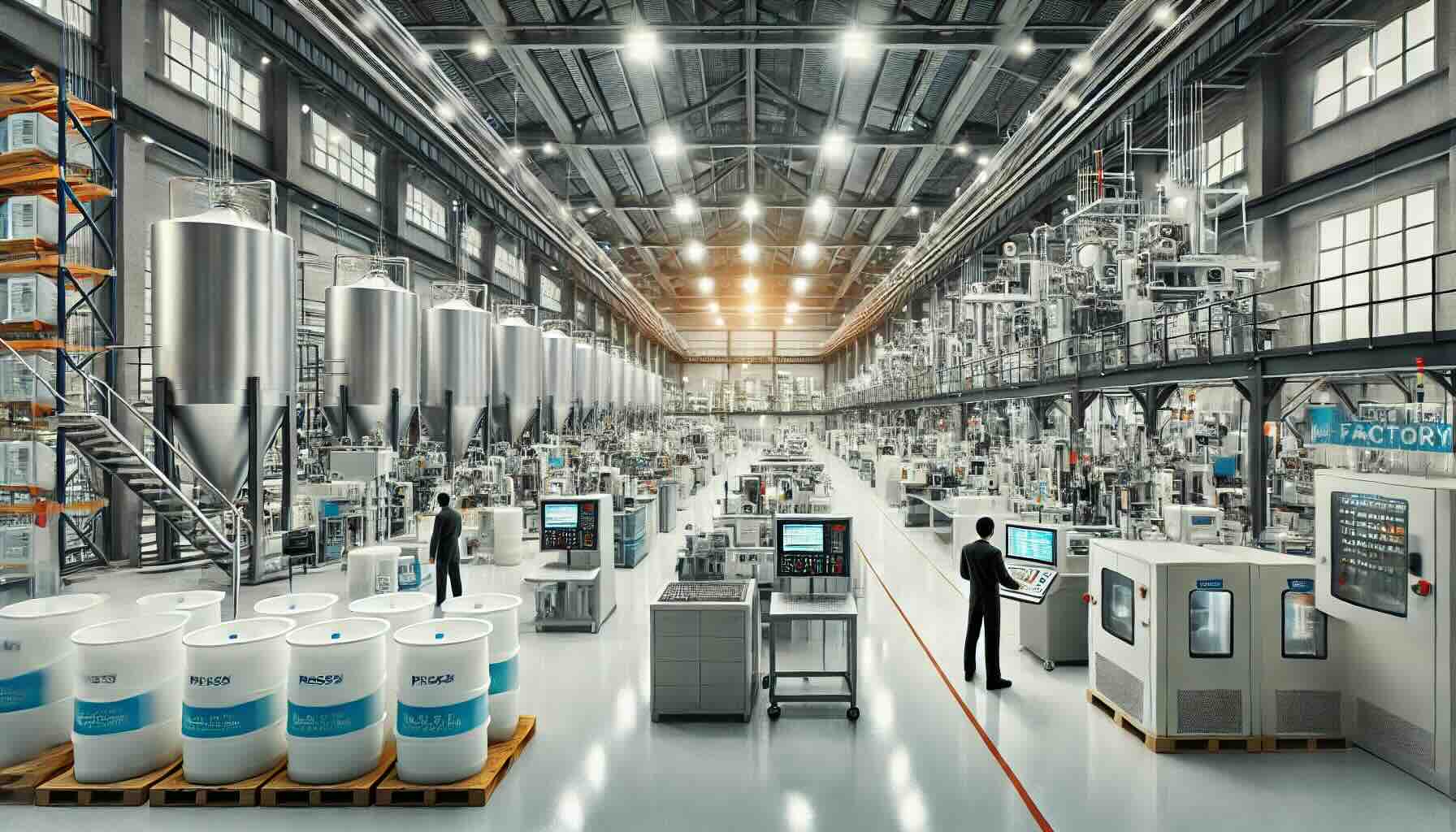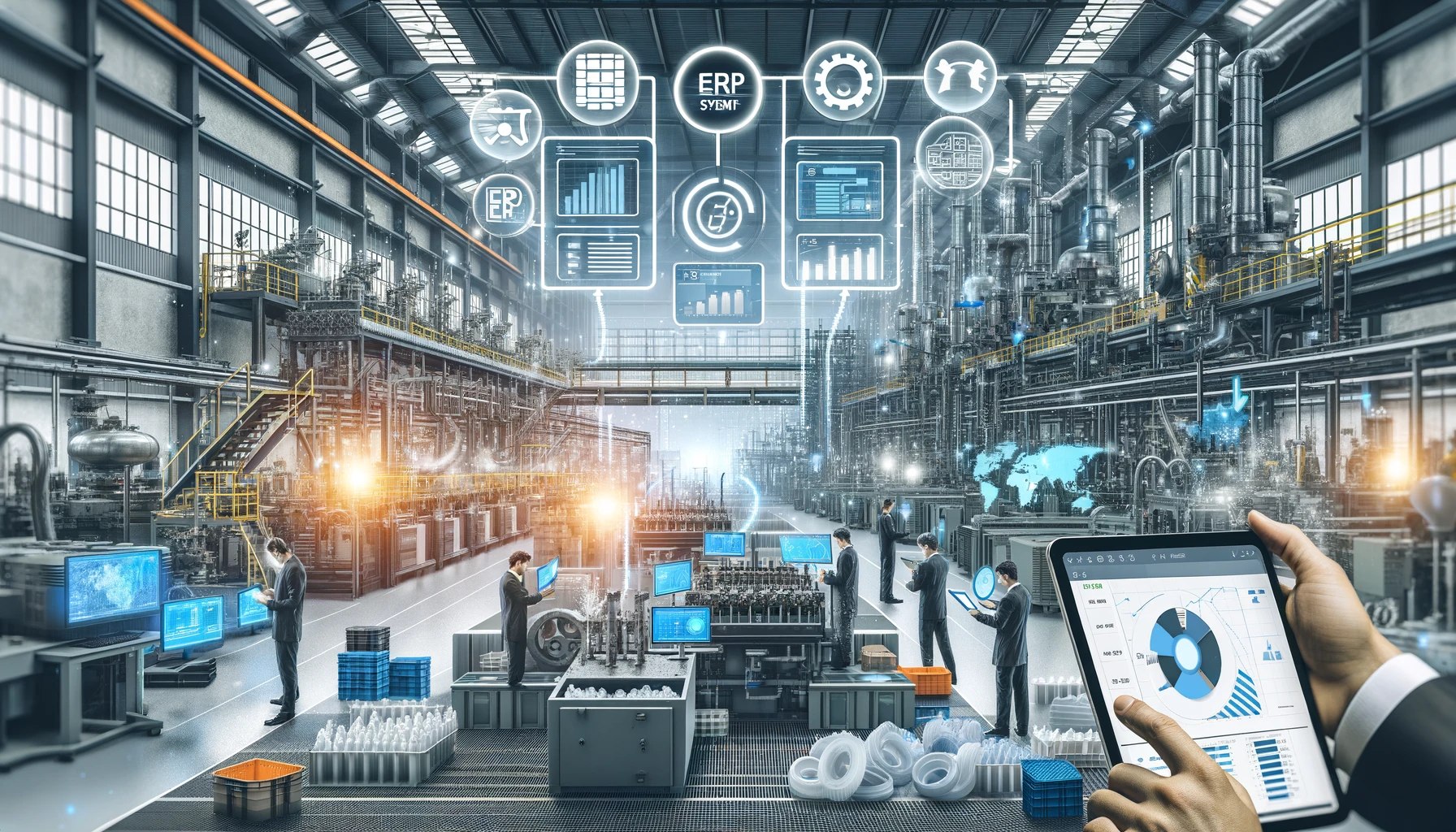Best ERP for Large Equipment Companies in 2025: Top Picks and Expert Guide
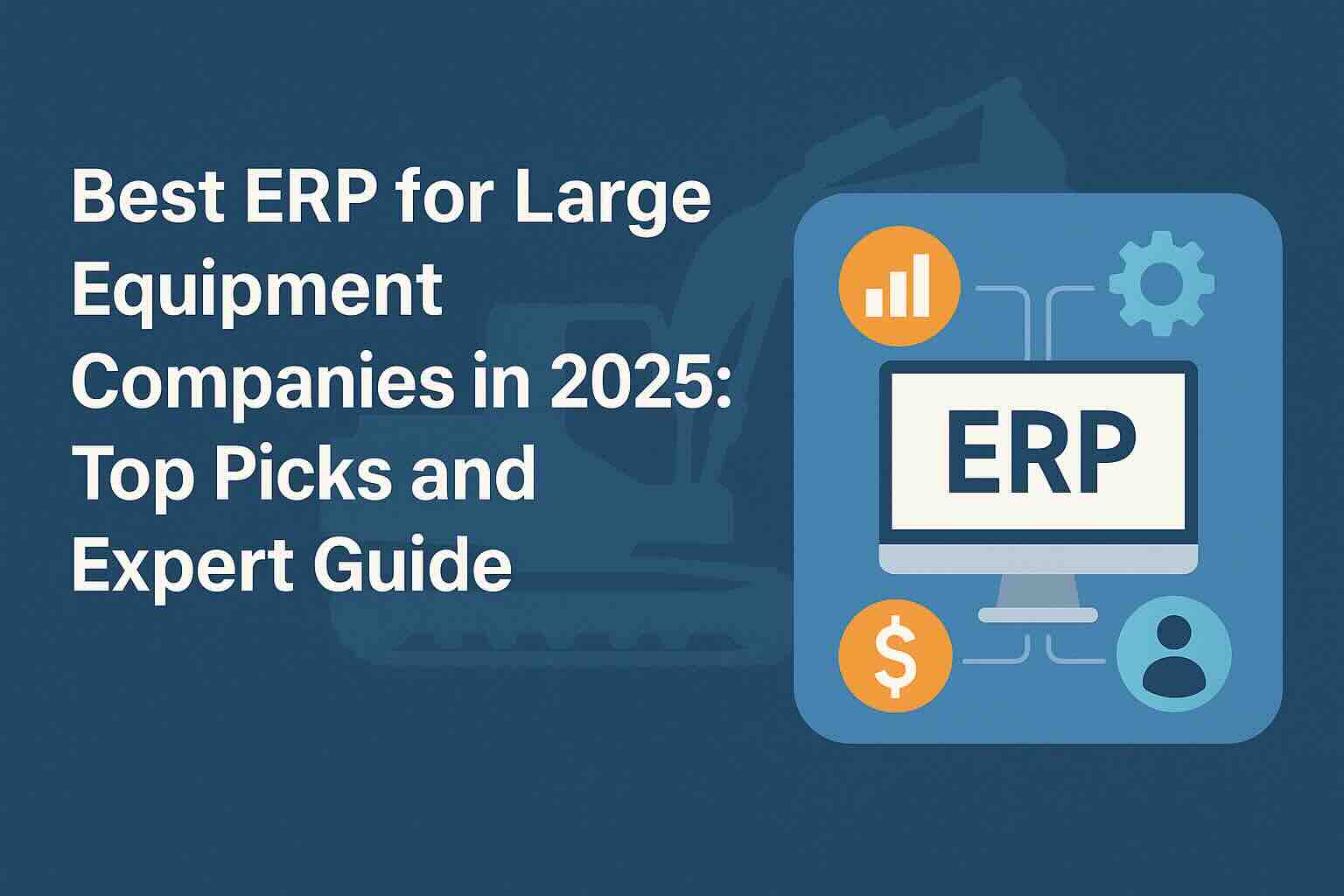
Finding the best ERP for large equipment companies is critical in 2025. Heavy equipment businesses face rising costs, complex supply chains, and pressure to deliver better service while controlling expenses. An effective ERP system can streamline your operations, from equipment sales and rentals to service, parts inventory, and financial management.
In this expert guide, we’ll share our top ERP picks for large equipment companies in 2025, what features to look for, and practical advice on selecting the right system for your business.
Why Large Equipment Companies Need ERP in 2025
Large equipment companies handle incredibly complex operations. You might manage a fleet of expensive machines, track rentals and leases, sell and service equipment, maintain a vast parts inventory, and coordinate billing across multiple locations.
Without a unified system, these processes often rely on disconnected spreadsheets, manual data entry, and siloed software tools. This leads to errors, delays, and wasted resources.
An ERP (Enterprise Resource Planning) system brings all these functions together in one platform. The best ERP for large equipment companies enables you to:
-
Track equipment usage, maintenance schedules, and depreciation.
-
Automate rental and sales contracts.
-
Manage parts inventory in real time.
-
Improve service scheduling and customer satisfaction.
-
Integrate financials for accurate billing and reporting.
-
Support multiple branches or regions.
In short, a modern ERP helps you reduce costs, increase uptime, and make smarter decisions.
What to Look for in the Best ERP for Large Equipment Companies
Choosing an ERP isn’t just about picking popular software—it’s about finding a solution that matches your industry’s needs. Here are the most important features to look for:
-
Industry-specific capabilities: Support for equipment sales, rental management, service tracking, and parts inventory.
-
Asset and fleet management: Track assets across locations, log maintenance history, and forecast replacements.
-
Integrated financials: Automated billing, revenue recognition, and lease accounting.
-
Inventory management: Real-time stock levels, automated reordering, and supplier integration.
-
Multi-location support: Centralized control with local flexibility.
-
Cloud deployment: Secure, accessible anywhere, scalable to your needs.
-
Easy integrations: Connect with telematics systems, CRM, ecommerce, and more.
The best ERP for large equipment companies will deliver these features out of the box or with minimal customization.
Top ERP Picks for Large Equipment Companies in 2025
Here are our expert recommendations for the best ERP systems for large equipment companies this year:
1. Infor M3
Infor M3 is purpose-built for complex, asset-intensive industries like heavy equipment dealerships and rental companies. It offers deep, industry-specific features to manage equipment sales, leasing, service, and parts inventory in one integrated system.
Key strengths:
-
Advanced rental contract management, including flexible billing terms and asset tracking.
-
Real-time parts inventory and procurement automation.
-
Service management with detailed work orders and scheduling.
-
Fleet asset tracking with usage data, depreciation, and maintenance history.
-
Cloud deployment for accessibility across multiple branches and countries.
-
Strong multi-language and multi-currency support for global operations.
Infor’s reputation for industry focus and configurability makes it a top choice for larger equipment businesses with complex requirements.
To find out more about Infor you can visit this link.
2. Microsoft Dynamics 365
Microsoft Dynamics 365 is a highly flexible, enterprise-grade ERP and CRM platform with strong appeal to equipment companies seeking a unified business system. It can be customized extensively and integrates naturally with the Microsoft ecosystem.
Key strengths:
-
Modular design allows you to choose apps for sales, service, finance, supply chain, and field service.
-
Advanced service management for scheduling, work orders, and customer communications.
-
Seamless integration with Microsoft 365 (Outlook, Teams) and Power BI for advanced reporting and dashboards.
-
Robust financials with multi-entity and multi-currency support.
-
Flexible deployment: cloud, on-premises, or hybrid.
-
Large ecosystem of industry-focused partners and integrations.
Dynamics 365 is ideal for companies wanting deep customization, strong reporting, and a familiar Microsoft experience for their teams.
To find out more about Microsoft Dynamics you can visit this link.
3. SAP Business One / S/4HANA
SAP’s ERP solutions are known for power and scalability, making them suitable for very large equipment companies, especially those operating internationally.
Key strengths:
-
SAP Business One is designed for mid-sized companies and offers comprehensive inventory, sales, service, and financial management.
-
SAP S/4HANA is the enterprise-level solution with even deeper functionality, designed for multinational operations.
-
Industry verticals include construction, industrial machinery, and heavy equipment management.
-
Asset and fleet management modules to track usage, maintenance, and lifecycle costs.
-
Strong financial capabilities, including revenue recognition, lease accounting, and multi-company consolidation.
-
Integration with other SAP products and a vast partner network for industry extensions.
SAP is best suited for companies with complex requirements and the resources for large-scale ERP deployments.
To find out more about SAP you can visit this link.
4. SYSPRO
SYSPRO is a strong choice for equipment manufacturers, distributors, and dealers who need industry-tailored features without the complexity of mega-enterprise solutions.
Key strengths:
-
End-to-end visibility across manufacturing, distribution, and service operations.
-
Inventory and warehouse management with real-time stock levels and automated replenishment.
-
Production planning and scheduling for companies that build or customize equipment.
-
Order management with flexible pricing, contracts, and billing.
-
Integrated financials with robust reporting.
-
Strong support for multi-location operations and user-friendly interface.
-
Deployment flexibility: on-premises, cloud, or hybrid.
SYSPRO is ideal for equipment businesses that need strong manufacturing and distribution capabilities alongside core ERP functions.
To find out more about Syspro you can visit this link.
5. NetSuite ERP
NetSuite is a leading cloud ERP designed for growing, mid-sized equipment businesses that need flexibility and scalability. Its unified platform covers financials, inventory, CRM, ecommerce, and more.
Key strengths:
-
True cloud architecture with real-time dashboards accessible anywhere.
-
Rental and service management add-ons to tailor the system to heavy equipment businesses.
-
Automated billing, revenue recognition, and financial consolidation.
-
Advanced inventory management with multiple warehouses and locations.
-
Easy integration with ecommerce, CRM, and third-party tools.
-
Rapid deployment and lower upfront costs compared to many traditional ERPs.
NetSuite is a great fit for companies wanting modern cloud ERP with strong financials and the ability to grow and adapt over time.
To find out more about NetSuite you can visit this link.
How to Choose the Right ERP for Your Business
Selecting the best ERP for large equipment companies is a major investment and a decision that can shape your operations for a decade or more.
Consider these factors before choosing:
-
Business focus: Are you primarily sales, rental, service, or all three?
-
Company size and locations: How many users and sites will need access?
-
Budget and TCO: Include license fees, implementation, training, and support.
-
Integration needs: Ensure it connects with existing systems like telematics or CRM.
-
Vendor expertise: Choose a provider with a track record in the equipment industry.
Always request demos, talk to references, and test your core workflows in a pilot before committing.
Conclusion
The right ERP system isn’t just a software upgrade, it’s a strategic investment in your company’s future. For large equipment businesses, a well-chosen ERP can deliver transformative benefits: reducing costs, increasing fleet uptime, improving customer service, and giving you real-time visibility across your entire operation.
But with so many ERP solutions on the market, choosing the best ERP for large equipment companies can feel overwhelming. Each business has unique needs, whether it’s rental management, sales automation, service scheduling, advanced financials, or multi-location support.
That’s why it’s so important to evaluate your options carefully. Review our top picks above, think about your priorities, and choose a system that aligns with your goals, your team’s workflows, and your growth plans.
If you’re ready to take the next step and make sure you’re choosing the best possible solution, we’re here to help you make an informed, confident choice.
Find the Perfect ERP in Minutes
Choosing the right ERP can transform your business. With our AI-powered Compare ERP tool, you can quickly explore and compare solutions tailored to your needs. Get a personalized recommendation in less than five minutes. Our advanced engine analyzes millions of data points across 100+ ERP solutions, delivering your top three picks based on your business priorities. Best of all, it’s completely free. Take the first step toward streamlining operations and boosting productivity and start comparing today!

